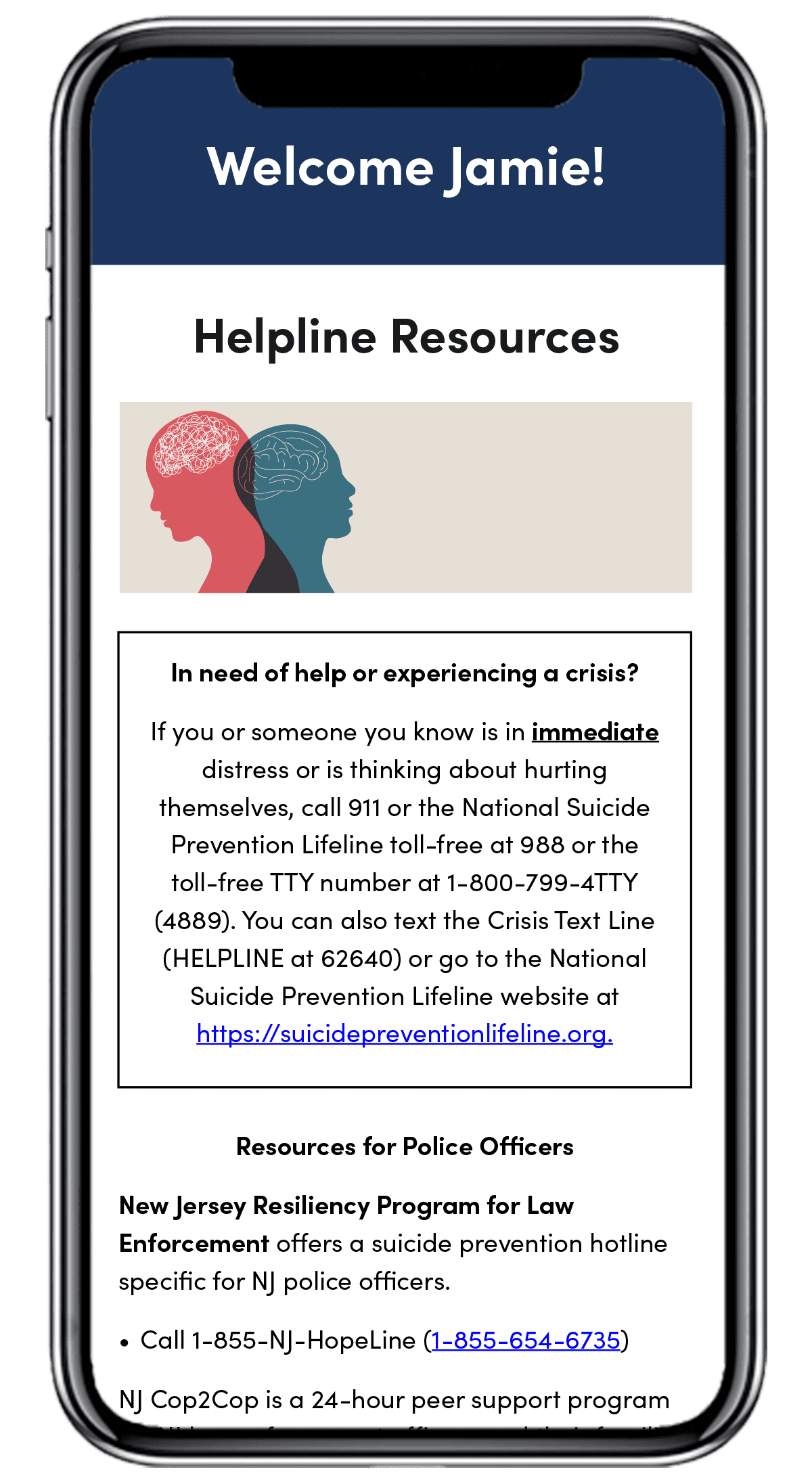First Responders Resiliency Program
Real-life support for those who make the safety of others their priority.
First responders face challenging, high-pressure situations on a daily basis that are emotionally, mentally, and physically stressful. The GoMo Health First Responders Resiliency Program is a digital solution created to help law enforcement officers, firefighters, EMTs, and their loved ones manage stress, trauma, and recovery—confidentially, compassionately, and in real-time.
What the Program Delivers
This program offers personalized, mobile-based support tailored to the demanding and often isolating nature of first responders’ daily living. By blending behavioral science with digital convenience, participants receive resources exactly when and how they need them most.
Key Program Features
This program gives supervisors a practical, user-friendly tool to help their teams handle the real-world stress we face every day. For too long, resources have been too complicated or not made for us—this one speaks our language and keeps it simple and direct.
This is a great program—giving first responders emotional support and the tools they need to manage challenges that come with the job. It’s the kind of help we need, delivered in a way that fits how we live and work.
The GoMo Health First Responders Resiliency Program effectively merges technology and compassion to create a meaningful impact.
Program Content





Find Us Online